How Does Open Tech Promote Open Practice at TRU?

What do we mean by an “open platform”? For today, we will avoid definitions and focus on how platforms work, and how we work with them.
For a few sets of tools, let’s ask the following questions:
- Where is it hosted? Who “owns” the software?
- Who administers and constructs the environment? How much can it be customized, and by whom? Can users (including learners) co-construct the spaces?
- Can it be used to promote collaboration, sharing, community engagement, open pedagogy?
- Where is the user data and work? Who has access to it? And for what?
Is Microsoft Teams / Office 365 an open platform?
No.
Is TRU’s installation of Moodle an open platform?
This is a more nuanced question. Moodle is open source software, with a large and active developer community that can develop add-ons for the platform. It is hosted at TRU, and our fantastic ITS team is responsive to requests for enhancements and adjustments (where possible and sensible).
Then again, it is administered (for good reasons) following the logic of an enterprise learning management system. An active TRU ID is required to access the system, and work on the site is not shareable or otherwise available to outside users without a fairly arduous process. It is also configured to reduce ambiguity and confusion, sometimes at the expense of flexibility.
Now let’s turn our attention to TRU’s installation of WordPress: Trubox.

Trubox is an instance of WordPress that is hosted and managed by TRU’s Learning Technology & Innovation team. WordPress is open source software, and like Moodle it has a very large and active developer community that develop themes and plugins that can provide specialized benefits. Some of these are free, some premium add-ons require a purchase or subscription. LT&I provides a shared environment that is intended to promote a wide range of applications, and where possible bulk purchase premium themes and plug-ins that might otherwise be unavailable to users.
Now, just because LT&I CAN do something… does that mean that we SHOULD?
Let’s park that question for now… and share some of what LT&I and TRU’s community are doing with this set of tools.
A TRUBOX Showcase

On the LTI Showcase site, there is a collection of sites along the following themes:
- promoting team practice
- open publishing and collaboration
- podcasting
- campus resources
- OER and open pedagogy
- promoting student research, and student voices, including ePortfolios
- leading conversations
- microcredentials
In many cases, the most encouraging and energizing work is not in the product, but in the process. I’d like to highlight:
- How the Knowledge Makers project fostered a community of highly impactful web practitioners at TRU.
- How Visual Arts students used the Trubox platform to develop their own artist sites, and how a clever user enhanced the tools available for future students. (Story here.)
- How cultural mapping projects led to the development of a mapping template allowing for wider adoption of the toolset. (Story here.)
Hopefully the value of an open platform can be seen in these examples. What makes Trubox distinct?
- Trubox allows for self sign-up, and site creation from starter sites for any TRU user.
- Trubox is not integrated with TRU’s single sign-on system, which means sites can persist after a user leaves the university, and that external users can easily be accommodated.
- Trubox is built on a foundation of a cloning tool, which allows for more rapid iterative development, and to provide “starter” sites for users.
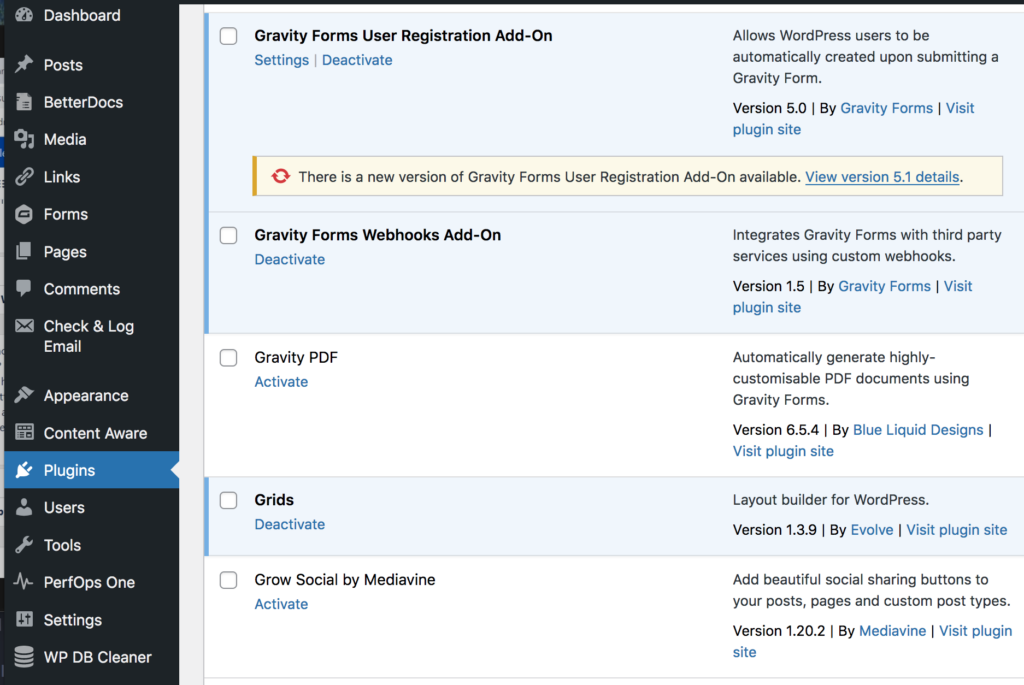
Plugins extend the functionality of WordPress to do all kinds of things, from the simple (embedding a PDF or displaying a fillable form) to the complex (publishing podcasts). Trubox makes a wide variety of plugins available to its users. Purchasing models of unlimited versions of WordPress licenses are often very economical, and the tools provides a great deal of design and functional power to the community.
But this is not an uncomplicated benefit, and as it stands we probably have too much of a good thing here. This is because:
- Users do not always choose plugins wisely, or can overdo them. We can limit access to some plugins or themes, but the temptation to pile up features can prove irresistible (and troublesome).
- Plugins can clash with one another. This is particularly a problem when plugins or themes are updated at irregular intervals. This is the most common source of site problems.
- Removing plugins system-wide can be problematic to users who have built their sites using them.
- Even removed plugins might leave database crud and other vestigial traces that can be difficult to troubleshoot.
That all said, the benefits far outstrip the hassles. Educloud hosting has been very cost-effective, stable and secure.
In many ways, an open platform is like a garden: it requires regular attention, and interventions can affect some of the community more than others. It can quickly become overgrown and messy, and pieces can have unpredictable effects on one another as a system. Sometimes these unexpected effects are delightful, creative and serendipitous. Sometimes, they are… not.
Trubox (and the OpenETC) is overdue for a good round of pruning and weeding, set for this summer. It will affect many of the existing sites.
Future plans:
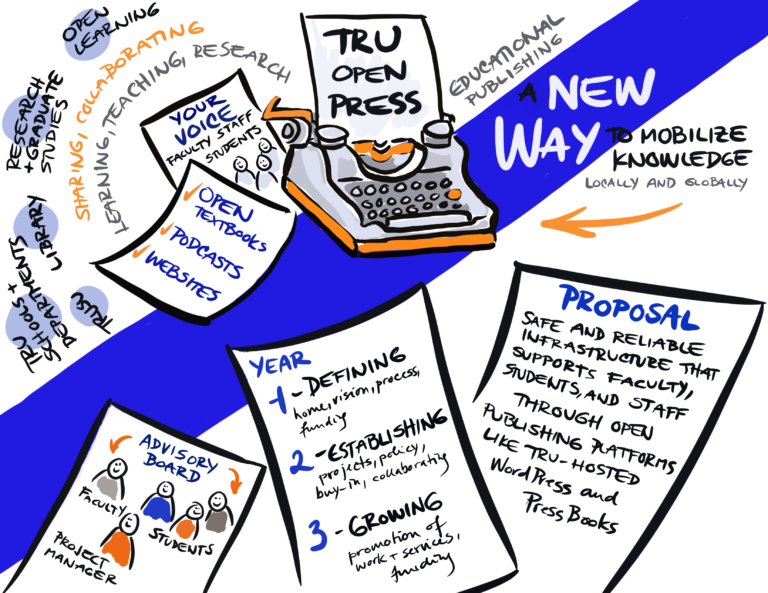
The TRU Open Press (proposal): “The intention of the press is to solidify the existing infrastructure to be ready for TRU’s next phase as a research-first university while celebrating and supporting the existing community ethos to teach and learn in the open.”
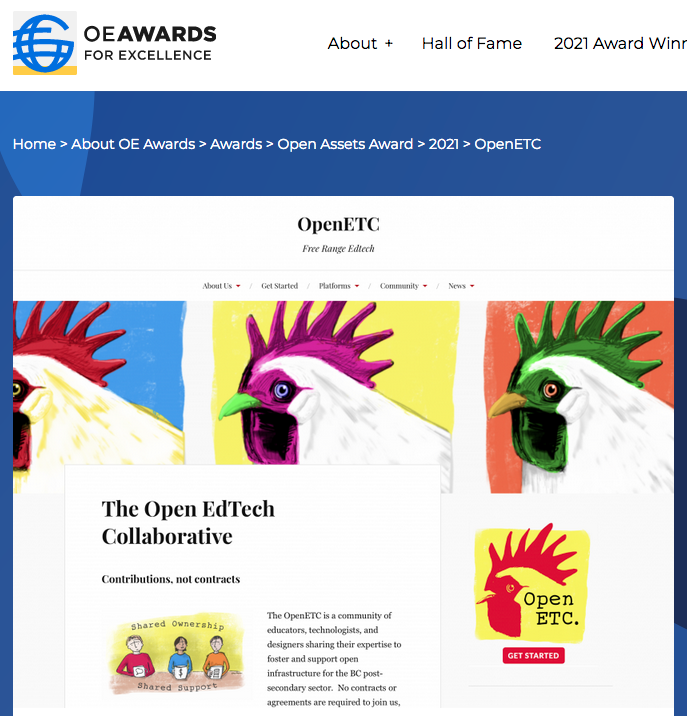
TRU LT&I is a founding partner in the BC OpenETC, which has received BCcampus funding. Plans are in the works for a new, more robust infrastructure, and TRU’s open platforms will hopefully be updated alongside it.


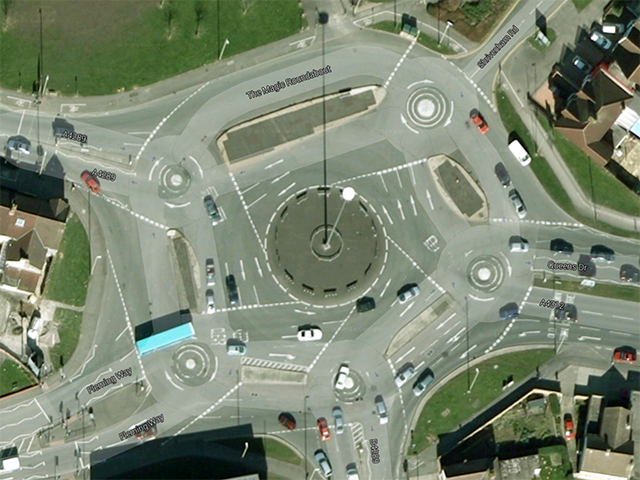

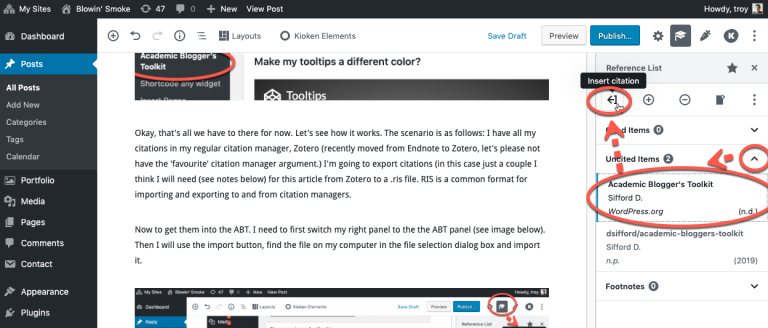
![A tale of two [mattermost servers, container types, databases]](https://trubox.ca/wp-content/uploads/2018/02/ataleoftwocities-768x600.jpg)
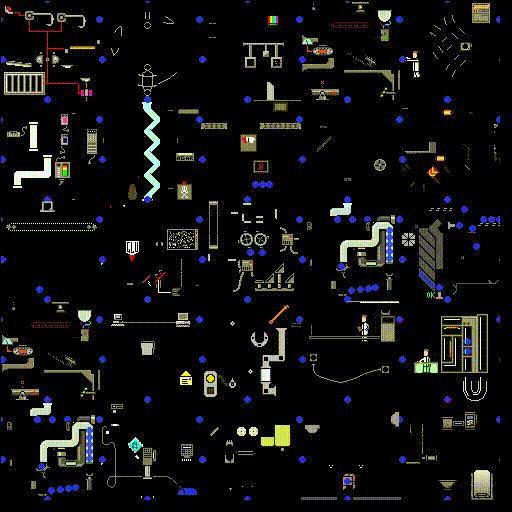
Leave a Reply